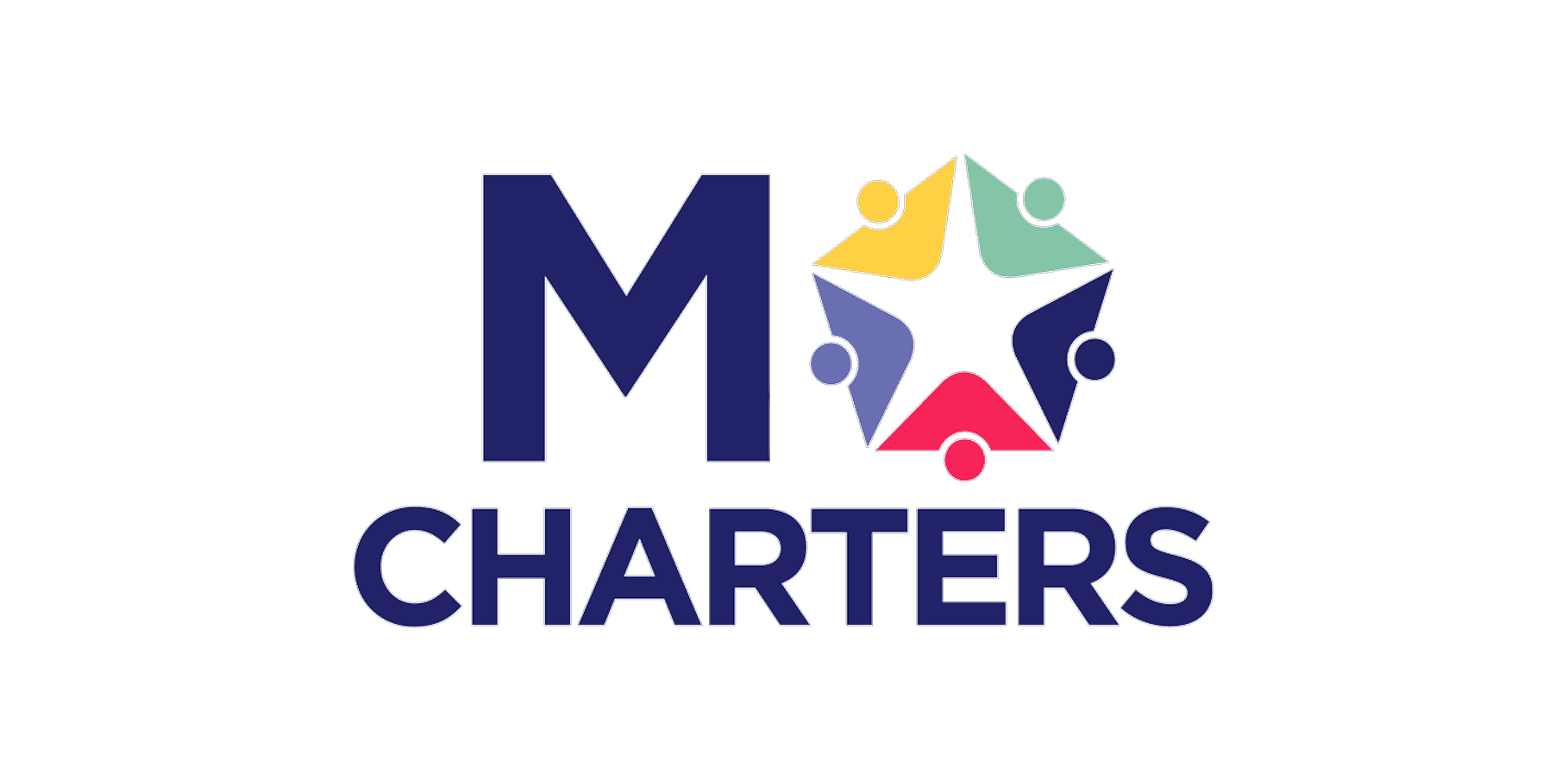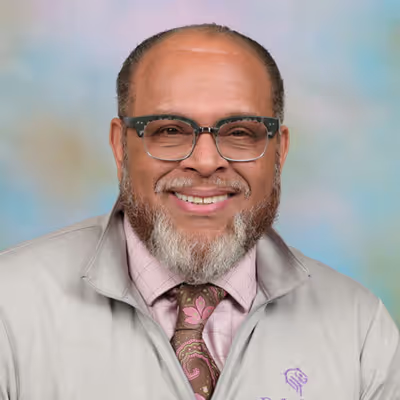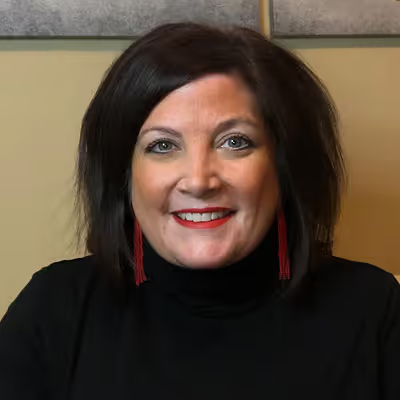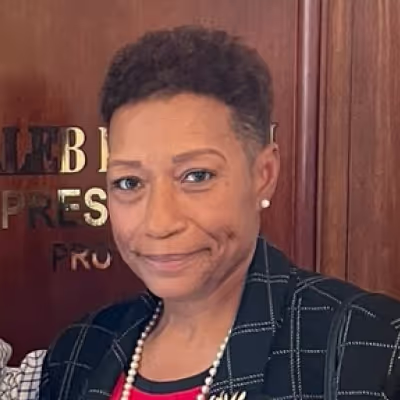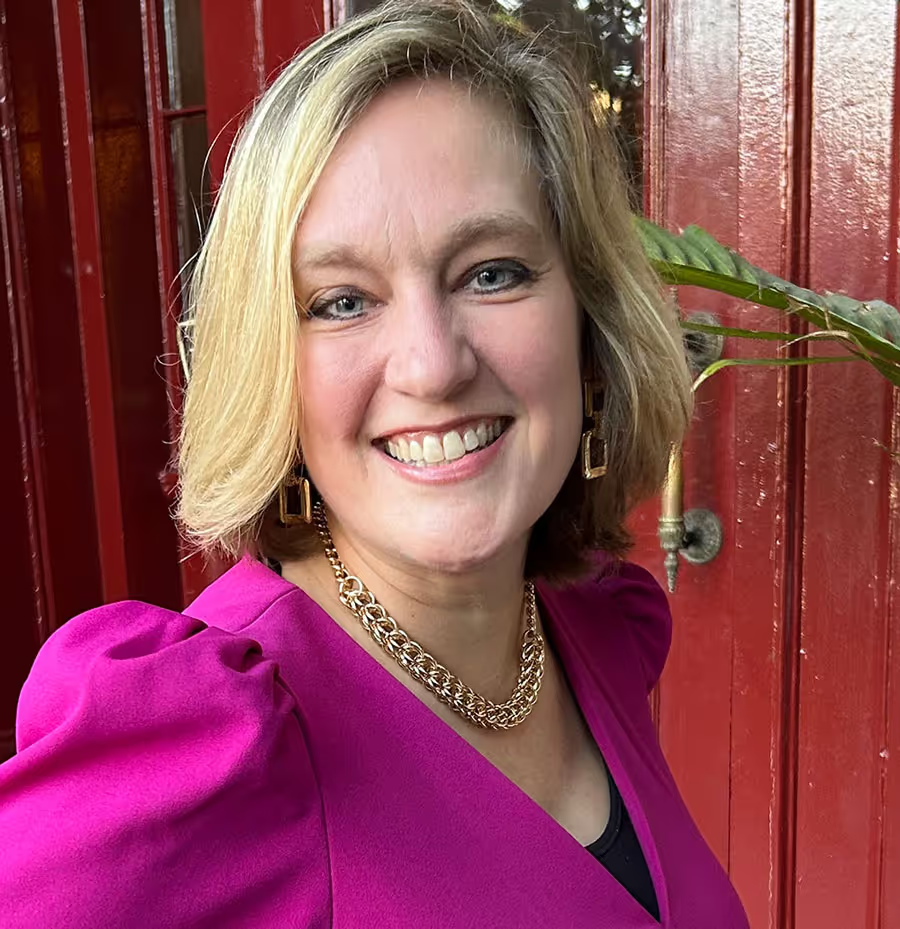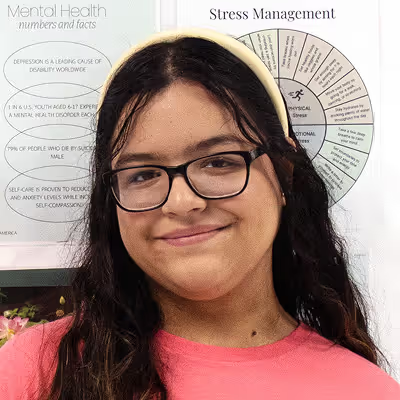Rebecca Gudde



University Academy Students Go from Troost to Top Colleges
University Academy, which celebrated its 25th anniversary last year, is one of the first public charter schools in Missouri. It serves 1,100 students in grades K-12—95% are African American and 85% are eligible for free and reduced lunch—and consistently ranks as one of the top public charter schools in the state. Since 2004, 100 percent of UA seniors have been accepted to college and, today, close to half enroll at the top 150 colleges or universities. UA graduates complete college at five times the national average for students from the lowest-quartile income families. In 2017, it became the first public charter public school in Missouri to be recognized as a National Blue Ribbon School by the U.S. Department of Education. University Academy superintendent Rebecca Gudde is a former teacher and principal who joined UA in 2010. This is her third year as superintendent.
In a conversation with MCPSA, Gudde shares her insights on the school’s unique vision and success.
This interview has been lightly edited and condensed for clarity.
MCPSA: How did University Academy get its start?
Gudde: In the late 1990s, our founders Barnett and Shirley Helzberg, Lynne Brown, and Tom Bloch wanted to create a public charter school that would have high academic rigor and provide the same type of opportunities a private school would offer. They believed it shouldn't matter what zip code students are born in, they should have the same opportunity.
UA is located on Troost Ave., a street that holds historical significance in Kansas City. Is this a part of your school’s identity?
Yes. Our location is intentional. We sit between Troost and Holmes. Historically, Troost was a dividing line. People of color were on one side, and more affluent, white people were on the other side. Being a public charter, we bus students from all over Kansas City—from both sides of that line. UA has really helped the city realize that the students of Kansas City are all the same. It's just the opportunities they are given that makes the difference.
How does UA approach academic rigor as a college prep school?
We play by the same rules as a traditional public school. When the APR, or annual performance report, comes out from DESE, we want to be on top, and we measure ourselves against other high-performing districts. Last year, we were second out of all 20 public charters, 21 if you include KCPS. But it’s not only the strong academics: it’s attendance, graduation rates, and college and career readiness.
You also have more strict standards for grade promotion, right?
We know the level students need to reach for them to be successful in college. We do require 80 percent—that is passing for us. If students don’t make 80 percent, they can get tutoring and retake assessments or even repeat the course in the summer. No one wants to hear that, but we need students to be prepared and receiving less than an 80 is not enough for us to give them credit.
How else do you prepare kids for the competitive college admissions process?
Through junior and senior seminars, we provide ACT prep that occurs right here during the school day. It's essentially a forced elective. We also capitalize on working with small groups of students to help them realize what their interests are, and we bring in different colleges and universities to give presentations.

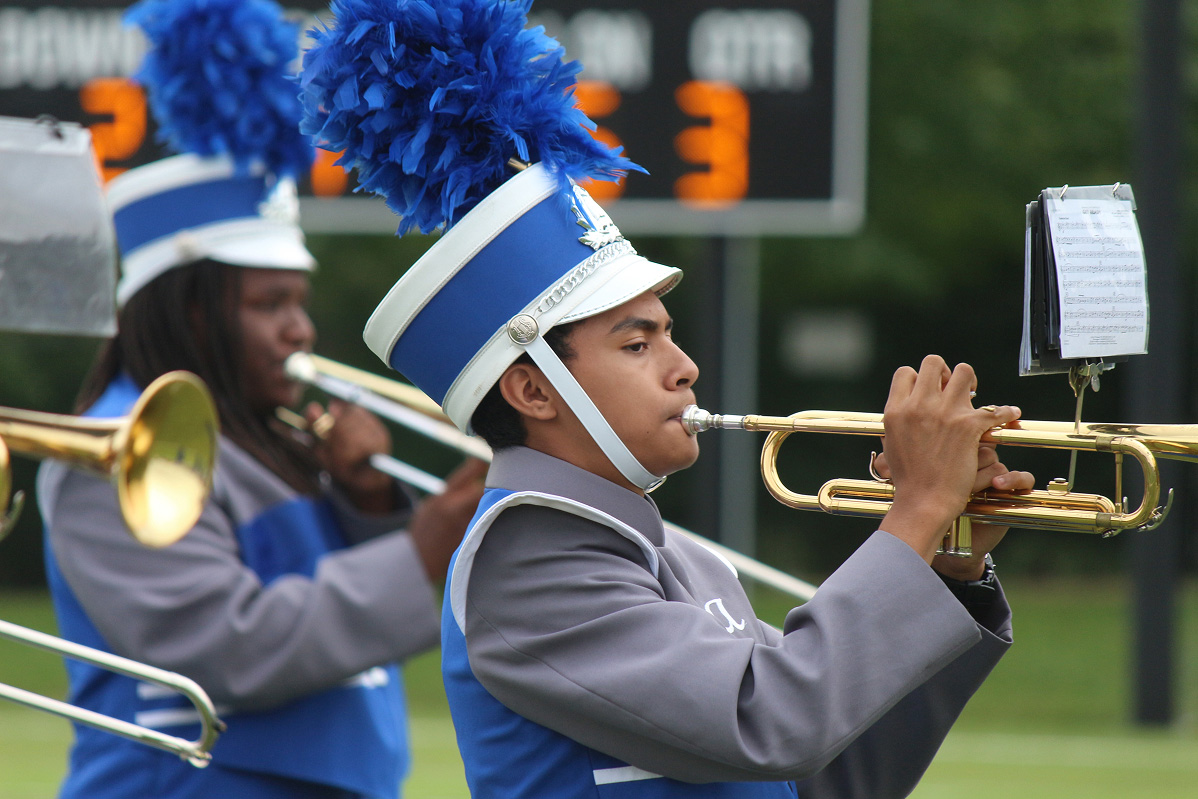

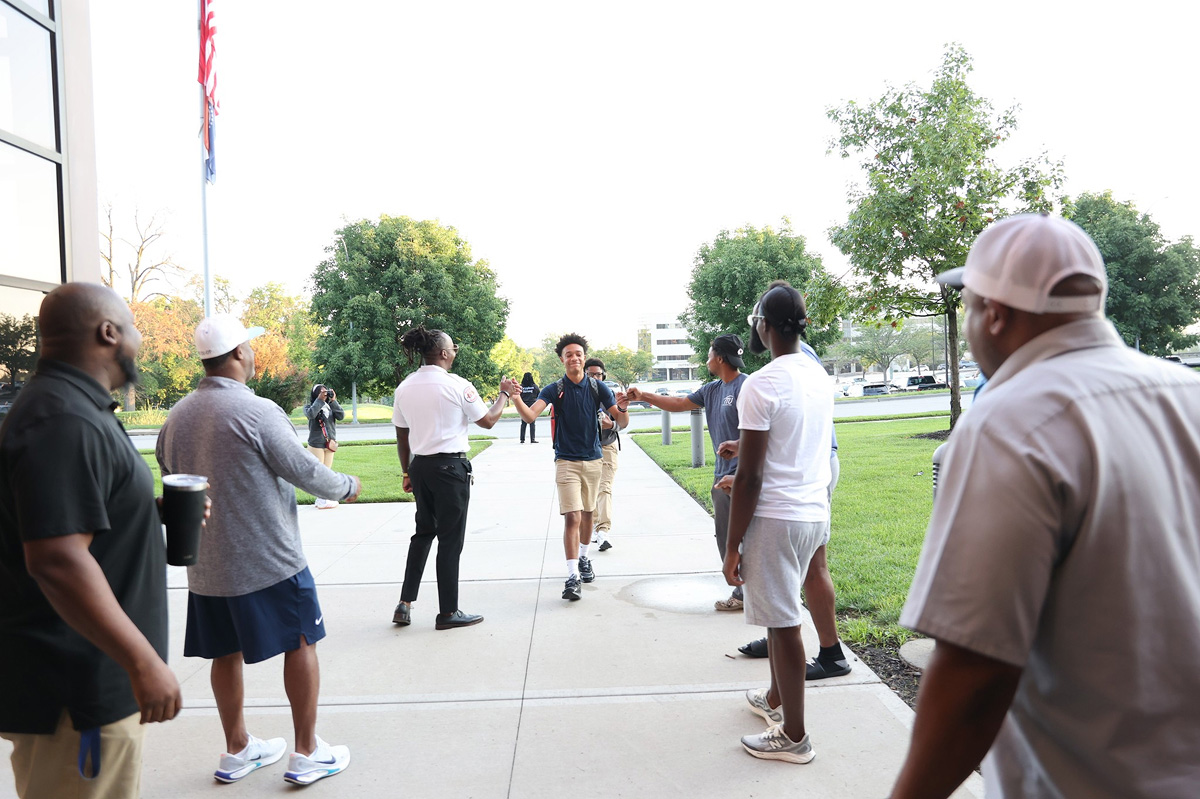



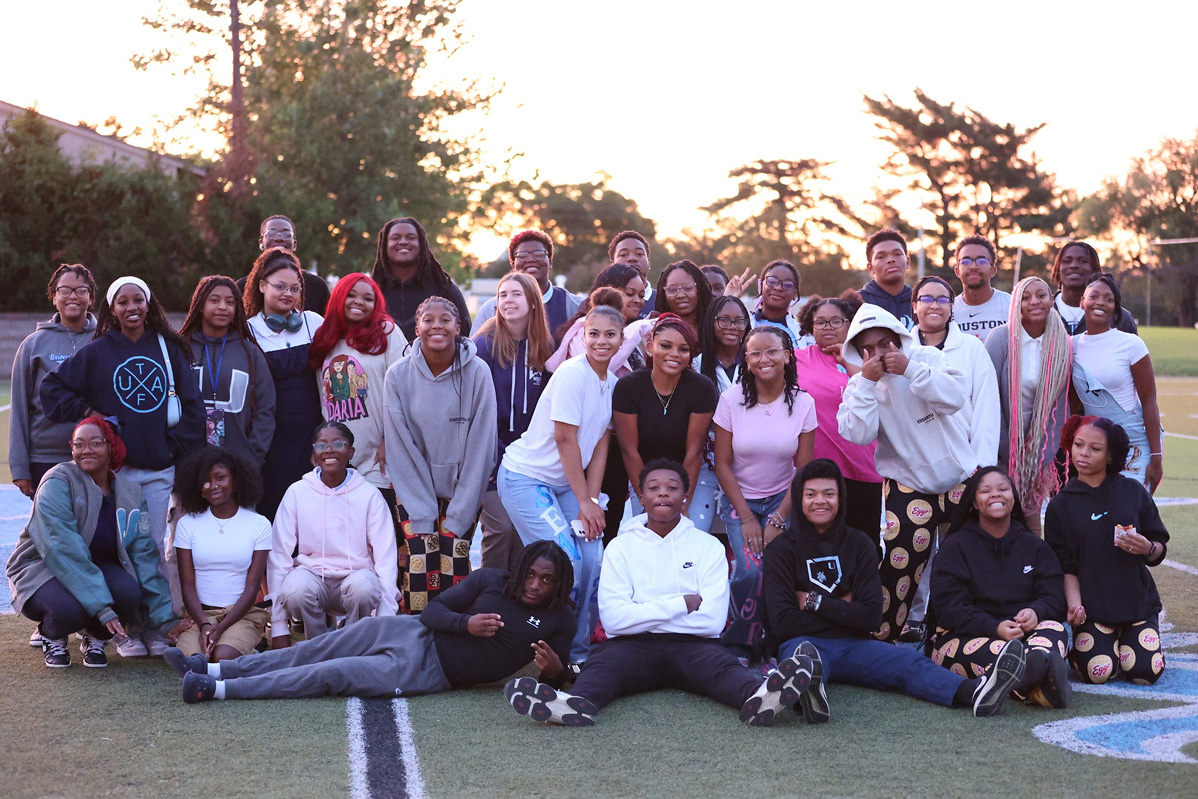



























UA provides an amazing roster of extracurriculars—some that go beyond what most public schools can offer. How has UA leveled the “opportunity gap” with more privileged schools?
We are unique in that we have a sister organization, University Academy Foundation, which is the fundraising arm of UA. Their sole existence is to support our students. Through it, we offer opportunities for middle school students to do sleepaway camps in order to gain independence and learn how to be successful away from home. Juniors and seniors can elect to study abroad during the summer. Usually, it's a 30-day stay in countries such as Ecuador, France, Italy, or Japan. They also provided funding for teacher projects through grants, partnerships with the Kansas City Symphony, Kansas City Young Audiences, and worked with the city to upgrade our baseball field.
What contributes to UA alumni having high college persistence rates?
It’s difficult to keep up with students once they graduate, but the foundation does a really good job. They offer internships for our students during college, and they also provide persistence scholarships throughout college. If students submit their transcript at the end of each semester, they are awarded monetary sums based on their grades. Sometimes it's just a simple $100 persistence award. But if you have a 4.0, you can get up to $1,000 per semester and another $500 for completing your bachelor’s degree. And that's just to say, hey, we're still here, we care about you, and we want you to be the best that you can be.
What’s an example of how UA’s flexibility as a public charter school has allowed it to innovate?
We are a Real World Learning school, so both our high school and our middle school are really embracing Project Lead the Way [a program that engages students in hands-on, real-world projects in STEM fields]. Last year, our juniors worked with our Client Connected Partner American Century Investments on three different problems: increasing women’s investment opportunities, promoting sustainability at work and at home, and designing a workplace that would appeal to new college grads.
Reflecting on the last 25 years, do you feel Missouri’s public charter sector has moved the needle?
I can tell people now, living in Kansas City doesn't mean that you can only send your student to the local neighborhood school. You have a choice. Maybe you want French immersion. Maybe you want to focus on the arts and social-emotional well-being. Maybe you want your students to be college-bound and have all the extra things that come along with being a student at UA. I just love that parents have a choice.
As you look to the future, what’s your hope for University Academy?
To be the best charter public school, not only in Kansas City, but in the nation.

